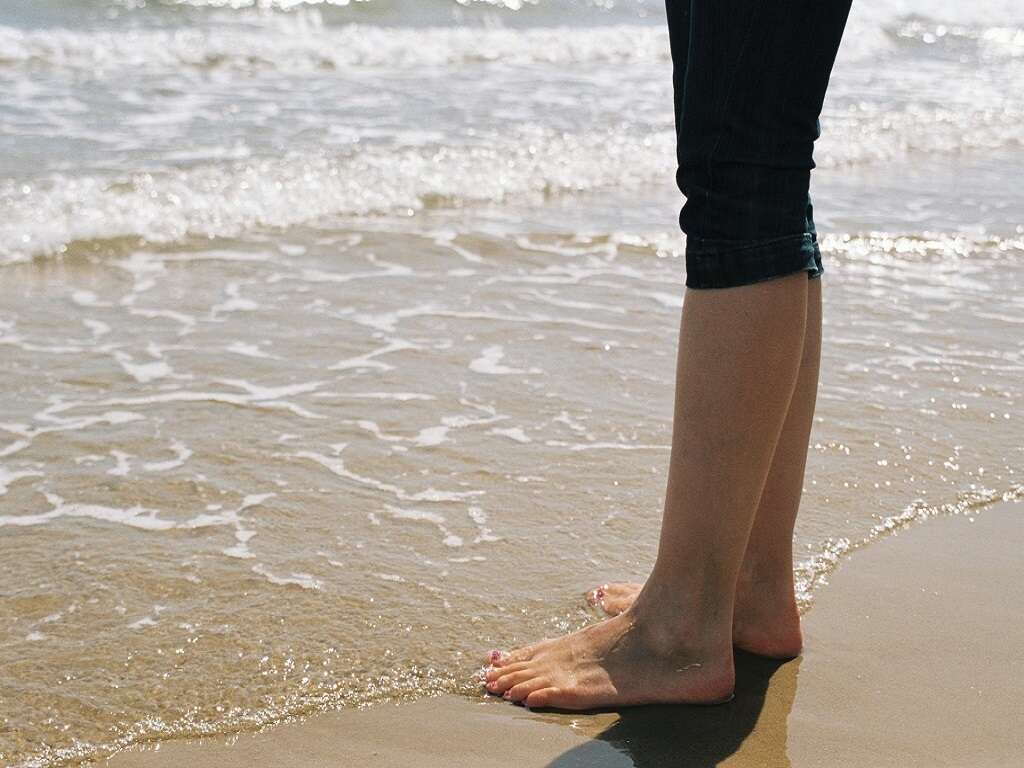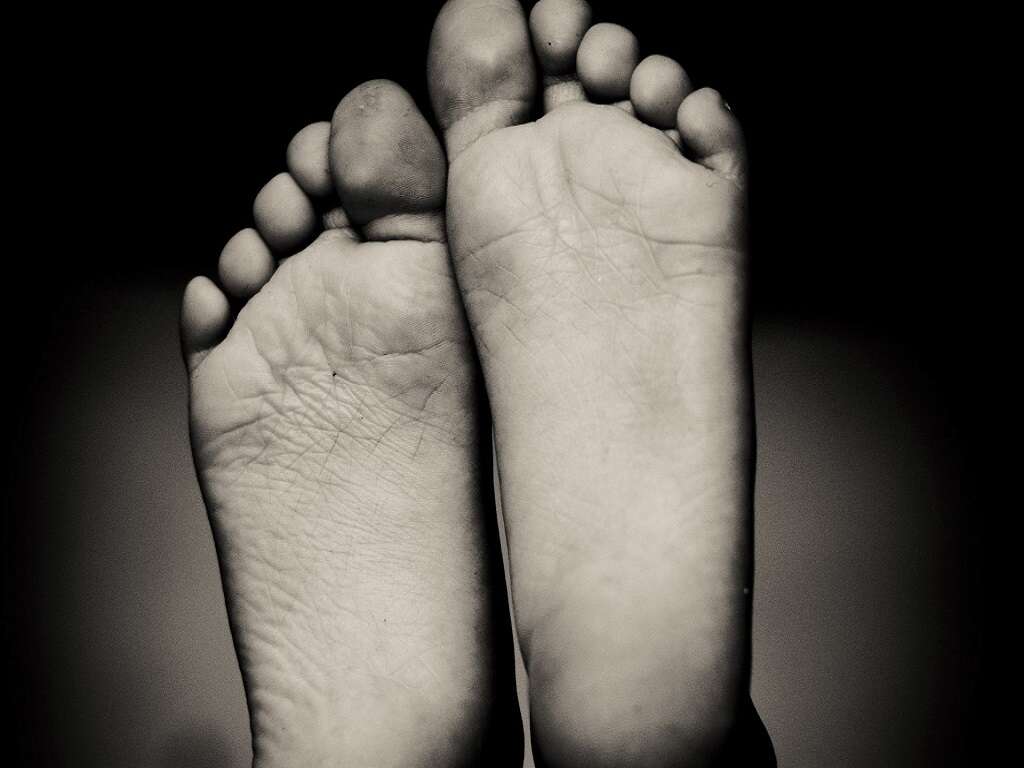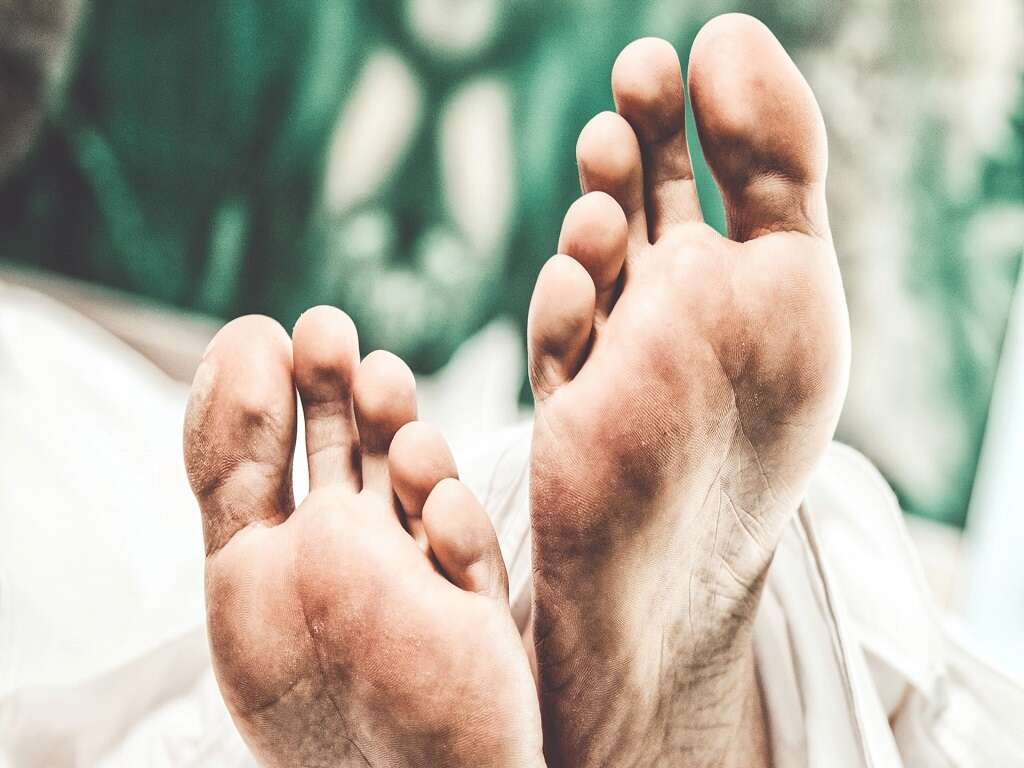10 Causes of Swollen Feet
The feet are an important part of your body required for mobility (standing, walking, and running). Swollen feet is a common issue that may affect almost everyone at one point of time in their life. Swollen feet usually occur due to retention of fluid in the soft tissues where it moves out of the blood vessels. It then collects in the surrounding tissues. It can happen when there is an increase in levels of sodium (salt) and water.
There are many causes of swollen feet where some are serious while those that are not serious usually resolve on their own. While it may not be serious, you may still want to try to reduce the swelling to reduce the pain you are experiencing. Serious cases may require medical attention and treatment. Seek immediate medical attention if you experience warmth, tenderness, redness, fever, breathlessness, chest pain, or if associated with pregnancy.
Cause #1: Edema
Edema is a medical term that refers to an abnormal fluid accumulation in the interstitium located underneath the skin. This leads to a puffy appearance and swelling of the surrounding area in the feet, ankles, and legs. It may even affect your hands. Some patients also experience tightly stretched skin, shiny skin (a sign that skin is stretched), difficulty walking, and dimpling of the skin after it is pressed on for a few seconds (this is known as pitting edema).
Mild cases of edema usually resolve on its own. You can also try lying down with your feet elevated, wearing support stockings, reducing salt intake, and taking medication such as diuretics if prescribed by your doctor.
Cause #2: Pregnancy
Some degree of foot swelling is very common in pregnancy as the body starts retaining more fluid. The increasing pressure of the growing baby also presses on the veins that are returning blood from your lower limbs to the heart. You may also notice your feet are most swollen in the evening as you have been on your feet throughout the day.
The hormonal changes during pregnancy may also be a contributing factor towards swollen feet. To help reduce the swelling, try to avoid standing for too long, staying cool during hot weather, elevate your feet, wear comfortable shoes, use supportive stockings, reduce your intake of salt, and avoid tight clothing. However, if you notice excessive or sudden swelling, you should seek medical attention as it could be a sign of preeclampsia.

Cause #3: Preeclampsia
Preeclampsia occurs in pregnant women with high blood pressure that causes protein to be excreted through urination. This leads to swelling in the feet, ankles, legs, and sometimes the hands. It is a condition that usually occurs in later stages of pregnancy and should be treated to avoid eclampsia. Eclampsia is much more serious and can lead to seizures and be life threatening to both mother and child.
While the cause of preeclampsia is unknown, researchers believe it may be caused by several factors such as poor nutrition, poor functioning placenta, genetics, and high body fat. Other symptoms of preeclampsia may include headaches, nausea, vomiting, urinating less, breathlessness, abdominal pain, and changes in vision. Seek medical attention as soon as possible.
Cause #4:Alcohol
The consumption of alcohol can cause swollen feet as there is more water retention. It usually resolves on its own after several days. If it does not resolve after several days, you should see a doctor to rule out other causes of foot swelling.
To manage swelling of the feet caused by alcohol, try reducing your salt intake, increasing water intake, elevating your feet, and soaking your feet in cool water. In individuals with medical issues such as heart or liver disease, alcohol consumption can easily cause swelling in the feet.

Cause #5: Hot Climate
In regions with hot weather, your feet are more likely to be swollen as the veins in your feet expand. This is a natural part of your body's cooling process. However, in individuals who have issues with their circulation, their veins are less efficient and struggle in bringing blood back to the heart causing fluid to collect in the feet and ankles.
To reduce swelling, soak your feet in cool water, stay hydrated, elevate your feet, do some simple leg exercises, and wear footwear that is breathable and allows your feet to move freely.
Cause #6: Trauma or Injury
If there is a fairly significant injury or trauma in the foot or its surrounding areas, it can lead to a swollen foot. A sprained or fractured ankle can cause swelling and bruising as the structures that help stabilize the ankle joint are torn or stretched.
In an injury that does not require medical treatment, the general rules of management are rest (reduce or avoid activity on the affected foot), ice (use cold packs on the affected area to reduce swelling and pain), compression (compression bandages help to stop the skin from stretching therefore reducing the amount of swelling), and elevation (promote blood flow back to the heart). This management is commonly known as RICE. If you do not see improvements or experience worsening symptoms such as pain or fever, seek medical attention.
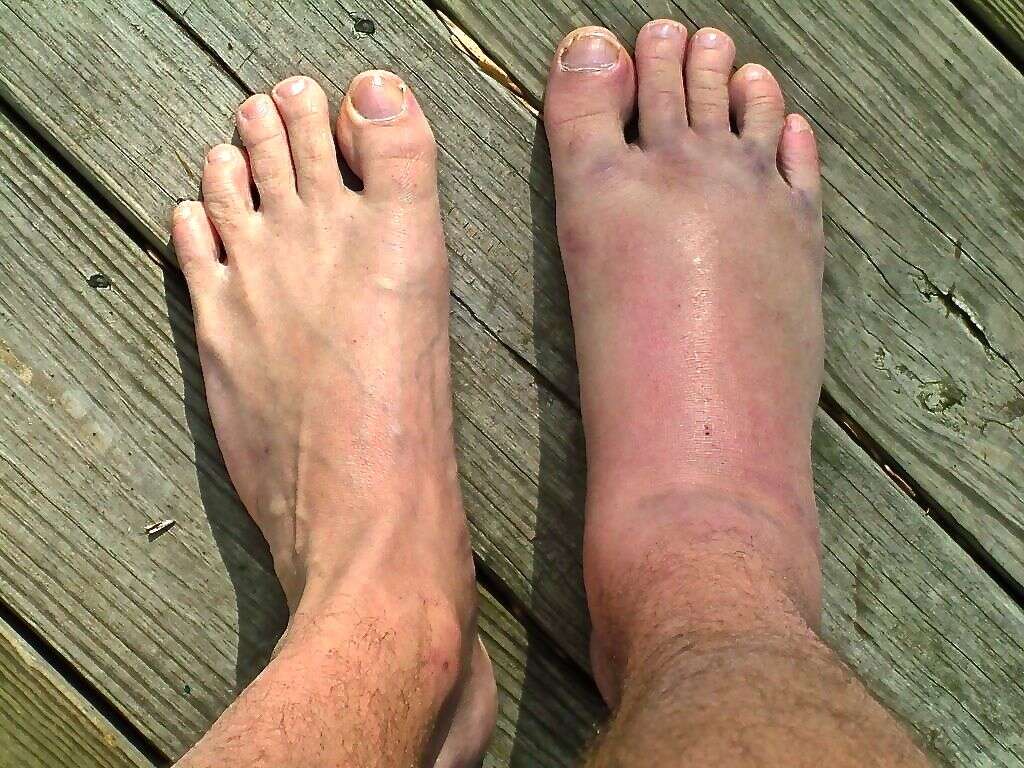
Cause #7: Lymphedema
Lymphedema occurs when the lymphatic fluid in the lymph vessels collect in the tissues. Lymphatic fluid is rich in protein. It can occur in infections such as filariasis or when the lymph nodes are removed as part of the treatment for cancer. Lymph nodes are part of the immune system that help filter the lymphatic fluid and destroy trapped pathogens such as bacteria.
Any issues with the lymphatic vessels or lymph nodes that causes blocked movement can cause swelling in the affected area such as the feet. Left untreated, it can cause impaired wound healing and infection. Other symptoms of lymphedema include a sensation of heaviness, limited motion, repeated infection, thickening of the skin, and aches. Management includes light exercise that encourage the drainage of lymphatic fluid, compression bandages, massage, and surgery in severe cases.
Cause #8: Kidney Disease
Your kidneys help to excrete waste, excess fluid, and excess sodium in the body. When your kidneys are not functioning normally, the excess fluid and sodium causes swelling in the feet, ankles and legs. It can sometimes also cause puffiness in the eyes. Other symptoms of kidney disease include lethargy, weakness, difficulty concentrating, difficulty sleeping, poor appetite, puffiness in the eyes, muscle twitching, muscle cramps, dry skin, itching, frequent urination, nausea, vomiting, breathlessness, and hypertension.
Treatment may include medications to lower cholesterol and blood pressure, diuretics, folic acid, iron, calcium, and vitamin D supplements. Advanced cases require dialysis or transplant.
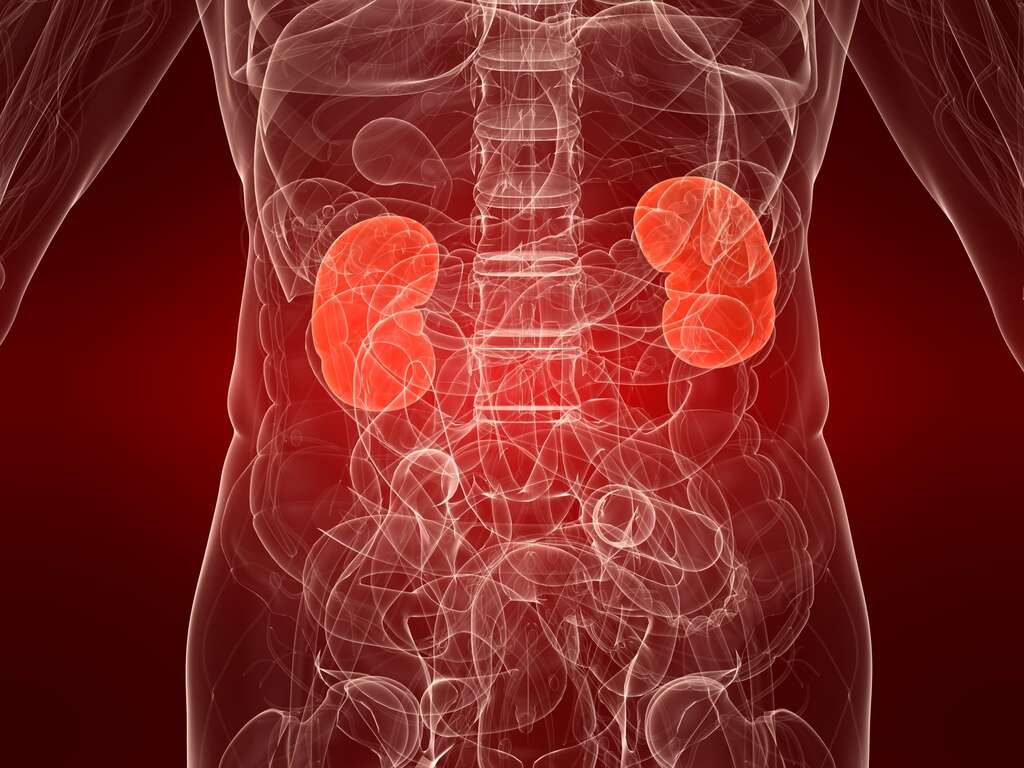
Cause #9: Chronic Venous Insufficiency
Chronic venous insufficiency occurs when there is damage to the valves in the veins. This diminishes the capability of the veins to pump blood back to your heart from the lower limbs causing pooling of blood in the feet and legs leading to swelling. An example of chronic venous insufficiency is varicose veins where the veins are filled with blood and enlarged. Other symptoms of chronic venous insufficiency are aching in the legs, new varicose veins, flaky skin, itching, leathery looking skin, ulceration, infection, and poor wound healing.
Some of the things you can do to help is losing weight, elevating your feet, wearing compression stockings, avoiding prolonged standing or sitting, exercising regularly, and having good skin hygiene.
Cause #10: Liver Disease
In liver disease such as cirrhosis (scarring of the liver due to hepatitis, liver damage, or alcohol), the flow of blood through the liver is blocked. This causes portal hypertension where the blood pressure increases in a system of veins known as the portal venous system.
This is an important system as veins from the stomach, spleen, pancreas, and intestine merge into the portal vein which travels through the liver. With blockage and higher pressure for the veins to pump blood back to the heart, it can cause pooling of blood in the feet causing swelling. Other symptoms of liver disease are jaundice, swollen abdomen, itching, darkening of urine, fatigue, pale stool, nausea, and vomiting.





